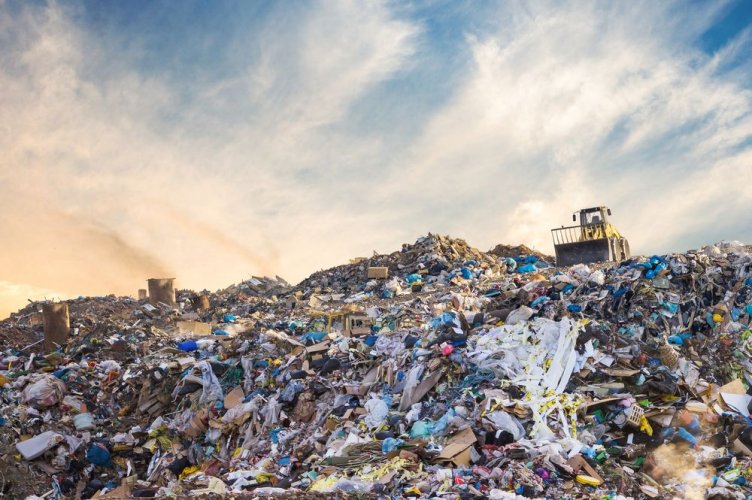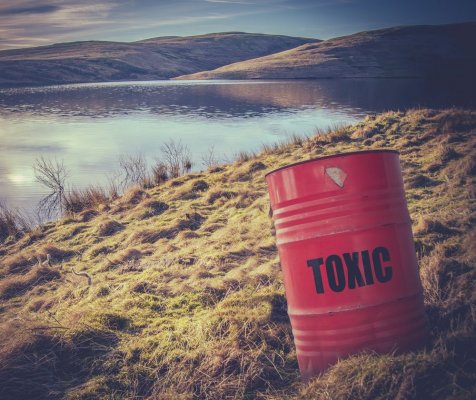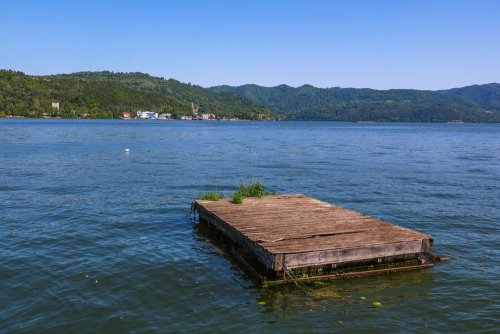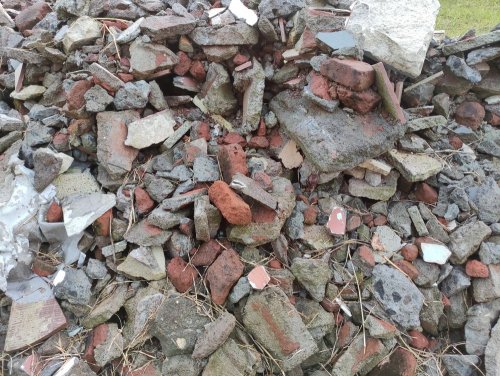In Ukraine, the new framework Law 2320-IX "On Waste Management" will help to solve problems with waste, in particular with waste of destruction and other waste of war.
Civilized waste management is a mandatory condition for Ukraine's entry into the EU, wrote the Minister of Environmental Protection and Natural Resources Ruslan Strilets in an Interfax-Ukraine blog.
The new law will help to fulfill Directive of the European Parliament and the Council 2008/98/EC "On waste". It also creates a new management ideology.
Changes on the path of reform
- Hierarchy of waste management
The idea behind the hierarchy is to prevent and reuse waste whenever possible. Even after that, they are restored or buried in safe landfills.
Currently, 5% of household waste is processed in Ukraine, and about 40% in EU countries. The country still does not have a single modern European-style waste processing plant and landfill.
The implementation of the Framework Directive 98 will allow to open the door for investors and create new jobs.
"The development of the entire industry takes place at the level of national, regional and local plans. Without this, Ukraine's path to sustainable development is impossible – a system where we satisfy our needs while protecting the interests of future generations," said Strilets.
- Landfills: to close, to reclaim
Currently, Ukraine is the only country in Europe where more than 90% of waste ends up in landfills, of which there are more than 6,000 in the country. Obsolete and overloaded landfills must be restarted in accordance with European standards, and landfills that do not meet environmental safety requirements must be closed.
However, if all landfills are closed, cities and towns will drown in garbage. Landfills must be liquidated in compliance with all requirements and modern technologies. Any landfill must be reclaimed and maintained for 30 years after closure.
Reclamation of one hectare of landfill costs about €300,000, and Ukraine has 9,000 hectares of landfills.
- The polluter pays
This principle is one of the international principles of environmental law, which is also laid down in Law 2320-IX "On Waste Management".
Thus, polluting enterprises and consumers must compensate for the costs of eliminating the consequences of pollution that occurred as a result of their activities or consumption. Social justice is also embedded in this principle: whoever litters, cleans it up.
- Extended producer responsibility (EPR)
About a third of the community's household waste is product packaging waste.
"Now our legislation stipulates that the manufacturer or importer bears physical/financial responsibility for the collection and reuse of packaging, electronics, batteries and accumulators, tires, etc.," explained Strilets.
Manufacturers of goods are responsible for creating the infrastructure for collecting the packaging that they have brought to the market. They will have to either collect it themselves, or encourage the population to return it to the manufacturer.
For this purpose, a specific percentage of collection from the total volume of the sold is established. In case of non-fulfillment of the established norms, the manufacturers face a fine that is much larger than the saved funds.
The purpose of EPR is to stimulate business to prevent the generation of waste, to develop more ecological products.
- IT waste management
The law also creates an information system for data collection and analysis using IT technologies, which will make the industry transparent. It will be clear what happens to each ton of waste, where it goes, where it is processed. According to the Law, it is necessary to develop normative legal acts regarding the collection of information, reporting formats, registers, information system, etc.
"It is important that the new quality of services is provided without a significant increase in the tariff for the community," said Strilets.
Before the new law, it is still necessary to develop many normative legal acts that reveal and clarify specific issues.
Although waste management rules are constantly revised, the basis remains sustainable development.
Earlier, EcoPolitic wrote, that in Ukraine, the waste of war, like destroyed houses, is possible to recycle and return into civil circulation as secondary raw materials.
As EcoPolitic previously reported, the President of Ukraine Volodymyr Zelenskyi on July 7 signed the Law "On Waste Management".





